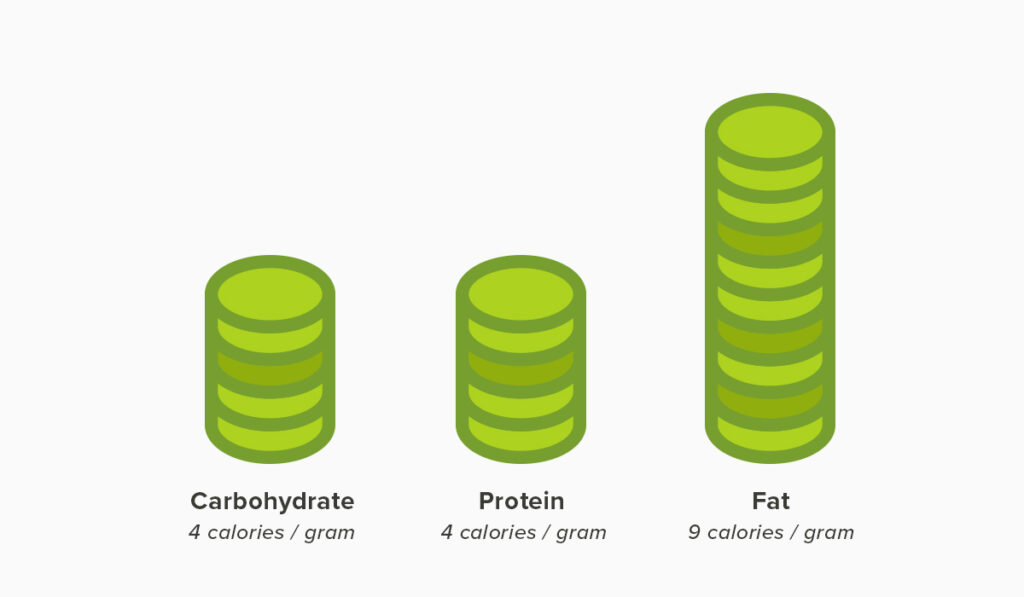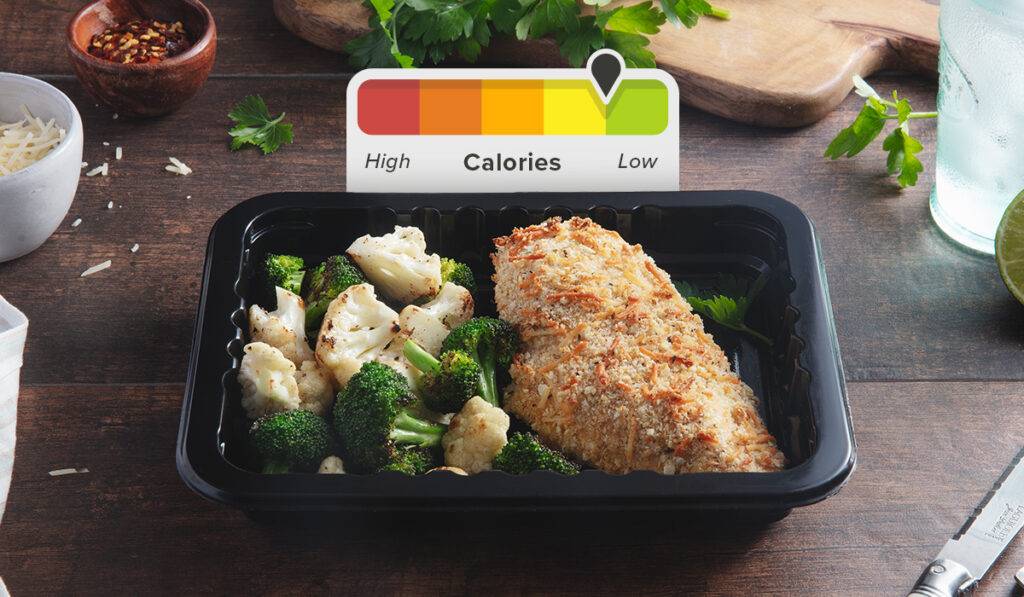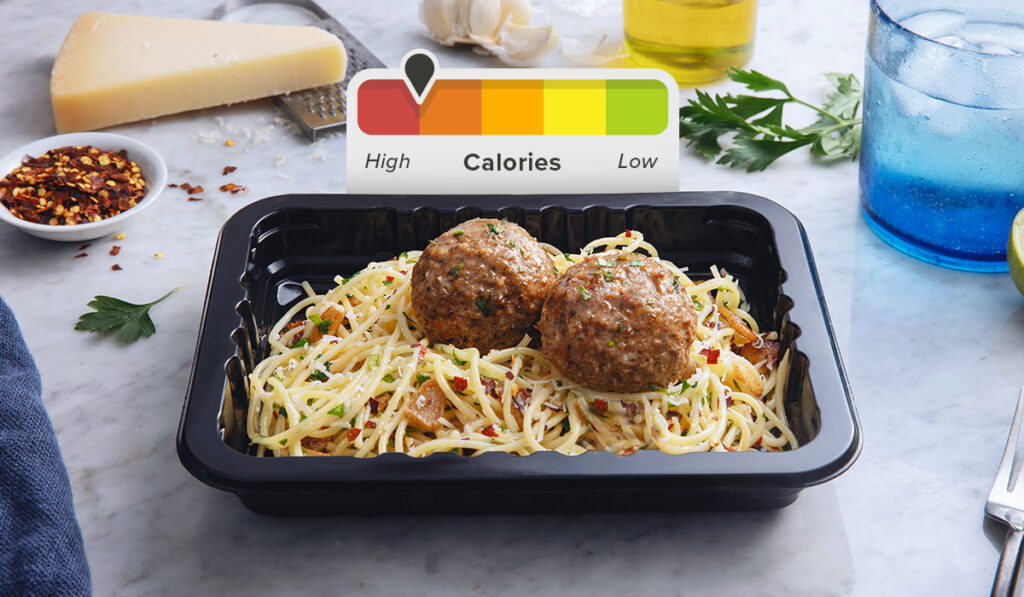Nutrition plays a pivotal role in our overall health and well-being. Understanding the principles of thermodynamics can provide valuable insights into how our body weight is influenced by the food we consume. This article will explore the fundamental concepts of thermodynamics and their impact on body weight management. Additionally, we will delve into the significance of calories, their distribution in macronutrients, and how to determine the appropriate calorie intake for maintaining or achieving a healthy weight.

What is a calorie?
A calorie is a unit of measurement used to quantify the amount of energy obtained from food and beverages. It represents the energy required to raise the temperature of one gram of water by one degree Celsius. In the context of nutrition, calories refer to the energy content of food that our bodies can utilize for various physiological functions, such as metabolism, physical activity, and maintaining vital organ functions. When we consume food, our bodies extract energy from the macronutrients, namely protein, carbohydrates, and fat, each contributing the following number of calories per gram:
- Protein: 1 gram of protein provides approximately 4 calories.
- Carbohydrates: 1 gram of carbohydrates provides roughly 4 calories.
- Fat: 1 gram of fat provides approximately 9 calories.

The Law of Thermodynamics & It’s Influence on Body Weight
The Law of Thermodynamics states that energy cannot be created or destroyed; it can only be converted from one form to another. When applied to nutrition, this principle means that the energy obtained from food must be balanced with the energy the body expends. If we consume more energy than we expend, we gain weight; if we consume less energy than we expend, we lose weight.
The Law of Thermodynamics helps us understand that body weight management is a matter of energy balance. We can achieve a healthy weight by consuming an appropriate number of calories and ensuring that energy intake matches energy expenditure.

How To Calculate Caloric Intake for Weight Maintenance
Determining the number of calories needed to maintain one’s current body weight requires considering various factors, such as age, sex, weight, height, and activity level. The most accurate way to estimate calorie requirements is through basal metabolic rate (BMR) calculations.
BMR represents the energy expenditure at rest, and it can be calculated using formulas such as the Harris-Benedict equation and the Mifflin-St Jeor Equation. Once the BMR is determined, it is essential to consider the individual’s activity level, which is multiplied by a factor known as the activity multiplier. This factor accounts for the additional energy expended during physical activities throughout the day.
According to recent studies, the average American adult consumes slightly over 3,000 calories per day. This is higher than the recommended caloric intake for most individuals and contributes to the prevalence of overweight and obesity in the population.

Starting a Calorie-Deficit Diet for Safe Weight Loss
If the goal is to lose weight, creating a calorie deficit is crucial. A safe and sustainable approach is gradually reducing calorie intake while meeting the body’s nutritional requirements. A good starting point is to reduce daily calorie intake by 500-750 calories below maintenance level, resulting in a gradual weight loss of approximately 1-2 pounds per week.
It is important to introduce variety in your diet and exercise routine to overcome weight loss plateaus that may occur after reducing calories. Incorporating different types of exercises, adjusting macronutrient ratios, and focusing on meal timing can help stimulate progress and break through a “slow down” period.

Increasing Calories to Add Muscle with Minimal Fat Gain:
A strategic approach is necessary for individuals looking to gain muscle while minimizing fat gain. It is important to gradually increase calorie intake above the maintenance level to provide the extra energy required for muscle growth. However, the quality of calories consumed is crucial. This shouldn’t be looked at as an excuse to overindulge.
Incorporating resistance training exercises into your fitness routine helps stimulate muscle growth while minimizing fat gain. Ensure that calorie surplus is moderate, typically around 250-500 calories above maintenance, to avoid excessive fat accumulation.

Beyond Calories—Macronutrients and Food Quality
The importance of calorie consumption can’t be understated, but other factors greatly impact health and our ability to stay consistent with a plan too. Here are some actionable tips to apply BEYOND your calorie goals:
- Eat sufficient protein with each meal. 75-1.0g of protein from quality sources helps build/maintain muscle mass, which helps boost your metabolism even at rest. Protein also rebuilds the immune system, detoxifies, and builds neurotransmitters.
- Consume a balanced ratio of Omega 3:6:9 from animal sources and cold-pressed oils like olive, coconut, and avocado. Eating fat to lose fat may seem counterintuitive, but this isn’t the case. Healthy fats can have a wonderfully positive impact on hormonal balance. At nine calories per gram, it is important to monitor total fat intake. Reducing inflammatory vegetable oils like canola, soybean and corn can also do wonders. Most Americans consume too many of these oils through processed foods.
- Track the types and quantities of carbohydrates in your diet to see what delivers the best results. Some carbohydrates significantly impact blood sugar levels, and your metabolic health may dictate the macro. Micronutrient-dense, low-allergenic sources such as potatoes, fruits, spinach, carrots and even low FODMAP starches like Jasmine rice are worth testing to see how they might help energy levels and metabolic rate. Long-duration low-carb eating can sometimes disrupt thyroid function.
Understanding the principles of thermodynamics provides a solid foundation for comprehending the relationship between nutrition and body weight. By grasping the concept of energy balance and knowing the caloric content of different macronutrients, we can make informed decisions about our dietary choices. Furthermore, calculating the appropriate calorie intake for weight maintenance and embarking on a safe calorie-deficit plan can help us achieve our weight management goals while prioritizing our overall health and well-being.

Find the variety you need on this week’s menu.
SHOP NOW >






